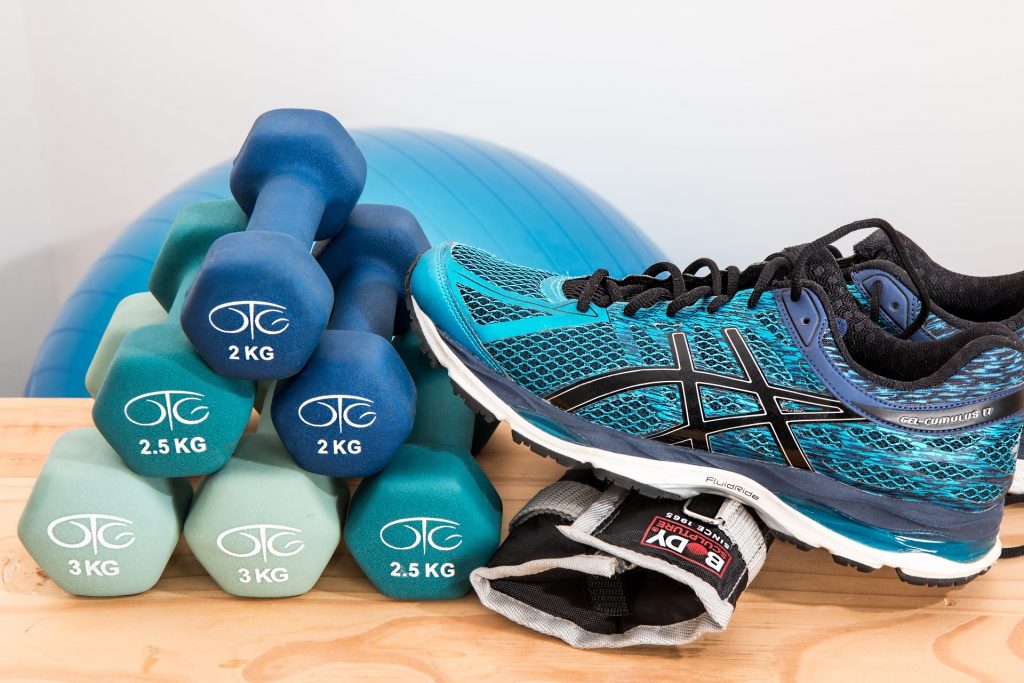How to learn a language quickly: 5 easy lifestyle hacks for busy people
Jan 07 in Language
As we ease ourselves into 2020, many of us are guilty of being sucked in by the all-encompassing “New year, new me” sentiment. We’re scrambling to ditch the last of the Christmas chocolates, take full advantage of the latest gym sign-up offers and start stacking up our savings accounts once and for all. But what if learning a new language is at the top of your New Year’s resolution list this year?
The problem that many bright-eyed and bushy-tailed language learners face is that, no matter which way you look at it, learning a new language takes serious commitment. It demands sustained motivation. Regular study. Total immersion in your target language and culture.
We all want to know the secret to how to learn a language quickly but, if we’re being honest with ourselves, the answer is simple. It’s 1. Hard work and 2. Patience.
How to learn a language quickly: The tricks
But before you ditch your lifelong dream to learn Korean and take up jogging instead, there’s hope. Did you know that there are several easy and quick ways you can optimise your language learning?
It’s true: No matter how busy you are, making some small, simple changes to your lifestyle can kick-start your progress and accelerate your learning no end.
So, whether you’re seeking quick success in your new language learning venture or you’re a seasoned linguist that needs a motivation boost, read on to discover exactly how to learn a language quickly with these 5 easy lifestyle hacks.
1) Feed your mind

Sure, learning a new language is hungry work… But what you choose to snack on during those grammar revision sessions matters more than you might think.
Firstly, you should make sure you’re eating a healthy, balanced diet – because getting all the nutrients you need is essential for maintaining cognitive health.
But, if you really want to stay sharp and optimise your language learning, there are some incredible brain-boosting foods that you should start incorporating into your diet. According to recent research, blueberries have been suggested to be effective in “improving or delaying short-term memory loss,” pumpkin seeds are rich in zinc, “which is vital for enhancing memory and thinking skills,” and sage “has long had a reputation for improving memory and concentration.”
So… What are you waiting for!? Get snacking!
2) Sleep on it
We all know that getting a good night’s sleep is essential for feeling refreshed, productive and at our best… After all, nobody wants to yawn their way through a language study session.
But did you know that sleep, memory and learning are inextricably linked?
A recent review of over 130 studies has suggested that deep, good-quality sleep is crucial for learning and helping the brain “consolidate information stored in long-term memory.” Not getting enough Zzzs will also impair your ability to concentrate and learn new things efficiently – Indeed, experts recommend hitting the hay for at least 7 hours a night.
3) Little and often
Another easy and quick lifestyle change that’ll speed up your language learning is following the technique of ‘spaced repetition.’
Instead of chaining yourself to your desk at the same time every week for hours on end, you should aim for a little and often approach to language learning.
Whether you decide to revise new vocab while brushing your teeth, read over your flashcards during your commute to work or do short bursts of conjugations in your lunch hour, find a way to integrate language learning into your daily routine.
Spaced repetition is study technique that is backed up by plenty of science, too, so you should expect to see results quickly.
4) Annnnnd… Relax.
Ever heard of binaural beat therapy? This technique definitely needs to be next on your language learning check list, and it’s far simpler to practice than it sounds.
Binaural beat therapy is an emerging form of sound wave therapy that claims to hold the power to alter your state of mind very quickly. It works by using headphones and, by definition, both of your ears. A binaural beat is the difference registered when two ears listen to two different frequencies – In short, your brain perceives both frequencies as a single tone.
Studies have suggested that binaural beats are “capable of eliminating stress and pressure from the mind, making us more focused and attentive.”
This would create the perfect conditions for optimum language learning.
5) Sweat it out
This week, as you lace up your trainers and grab your bottle of water, don’t forget to slip your German dictionary into your gym bag…
Yep, that’s right: A new study has found that combining language learning and exercise could help you learn a new language quickly.

The study found that “working out during a language class amplifies people’s ability to memori[s]e, retain and understand new vocabulary.”
Scientists believe that exercise can make your brain more receptive to new information, something that is often referred to as ‘plasticity’.
Indeed, “the findings provide more evidence that to engage our minds, we should move our bodies.”
Whether it’s through a podcast on your daily jog or TV show while you’re sweating it out on the spin bike, why not try and find a way to smash your language learning goals as well as your fitness ones?
Tailored language courses for busy people
If you want to brush up on your foreign language skills in 2020, RLI offers bespoke language training courses that combine an immersive language learning experience and the science of blended learning to deliver real results.
Our online learning platform RLI365 means that you can take advantage of our cutting edge learning methods from anywhere in the world in the way that suits you best.
Get in touch today to see how we can help.

